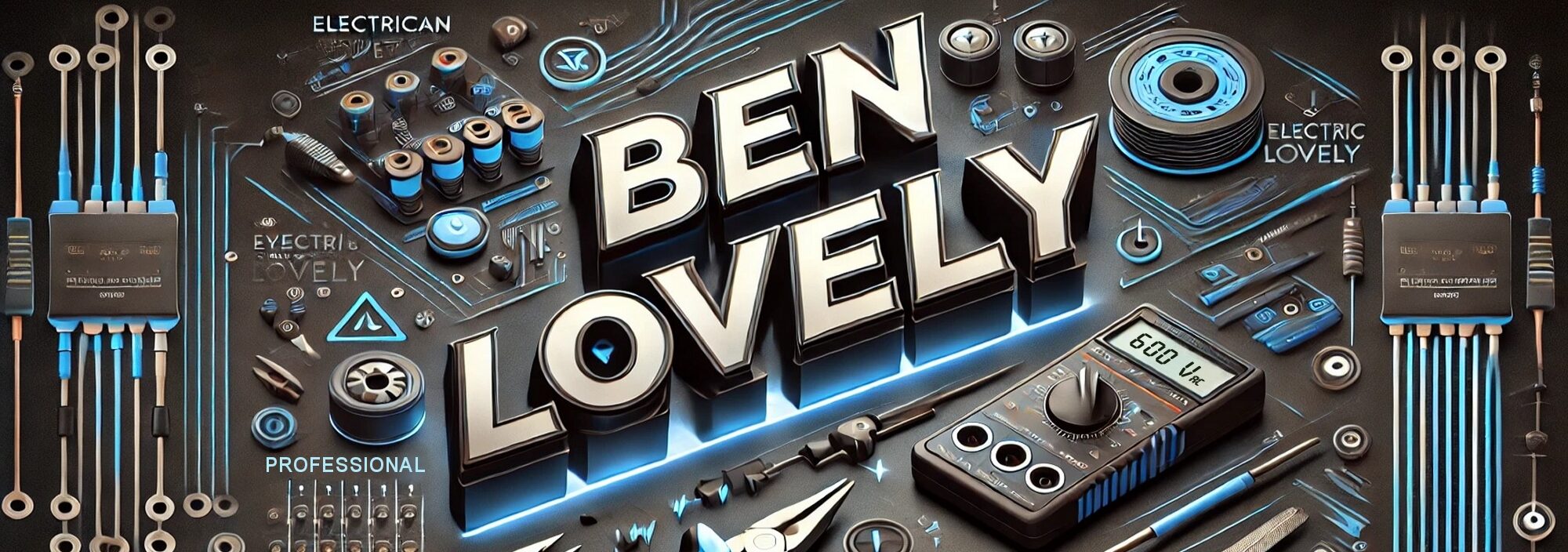Technology Plan Proposal
PIDP 3240: Assignment #2
Technology Plan
This technology plan is to implement student generated digital flashcards in my classroom. The challenge is to find a free, multi-platform application that can easily accept student generated content. The flashcard application must be embedded in Moodle, or a standalone app that works on both Android and iOS. My goal is to find an application where I can moderate the flashcard questions, and maintain control of the library for use in subsequent classes.
Application
The digital flashcard application will be 100% embedded in my course Moodle. I will create a Moodle Database with a front end prompting for flashcard questions, answers, and the ability to upload an optional picture. This database will be set up to allow tracking of which users submitted questions so I can implement an incentive system for student participation. The user visible flashcard application will be an embedded H5P module called Dialog Cards. This is a simple Moodle extension that is mobile compatible, and features easy to use Flip, Next, and Previous buttons (H5P, Dialog Cards Tutorial, 2018).
The intended users of the flashcard deck are students studying for module exams. They can either submit questions throughout the course, or more likely, I will provide half an hour on a review day for students to generate their own questions that they can submit to the database. I can then vet the questions and import them into the Dialog Cards application for class wide study use.
Rationale
As the electrical apprenticeship involves a lot of vocabulary and memorization, I feel digital flashcards would be a useful tool to aid in student success. Successful students currently make use of paper flashcards that they produce. Dizon and Tang found in their article Comparing the efficacy of digital flashcards versus paper flashcards to improve receptive and productive L2 vocabulary that digital and paper flashcards are equally effective when learning vocabulary (2017). They also found that for topics beyond vocabulary, digital flashcards resulted in further student success. Schmidmaier et al. found that repetitive testing promoted better recall than repetitive studying after 1 week (Using electronic flashcards to promote learning in medical students: retesting versus restudying, 2011). The effect of repetitive testing falls off after 6 months, but as each apprenticeship level is 10 weeks long, flashcards are an effective method of boosting student success. The intent of having students generate content is two-fold: It is less labour intensive from the instructor point of view, and by searching for appropriate flashcard questions, students will more actively engage with the course content.
Resources
Dizon, G. & Tang, D. (2017). Comparing the efficacy of digital flashcards versus paper flashcards to improve receptive and productive L2 vocabulary. The EuroCALL Review, [S.l.], v. 25, n. 1, p. 3-15, june 2017. ISSN 1695-2618. doi:https://doi.org/10.4995/eurocall.2017.6964.
H5P. (2018). Dialog Cards Tutorial. Retrieved from: https://h5p.org/tutorial-dialog-cards
Schmidmaier, R., Ebersbach, R., Schiller, M., Hege, I., Holzer, M., Fischer, M.R. (2011). Using electronic flashcards to promote learning in medical students: retesting versus restudying. Medical Education 2011:45: 1101–1110. doi:10.1111/j.1365-2923.2011.04043.x
